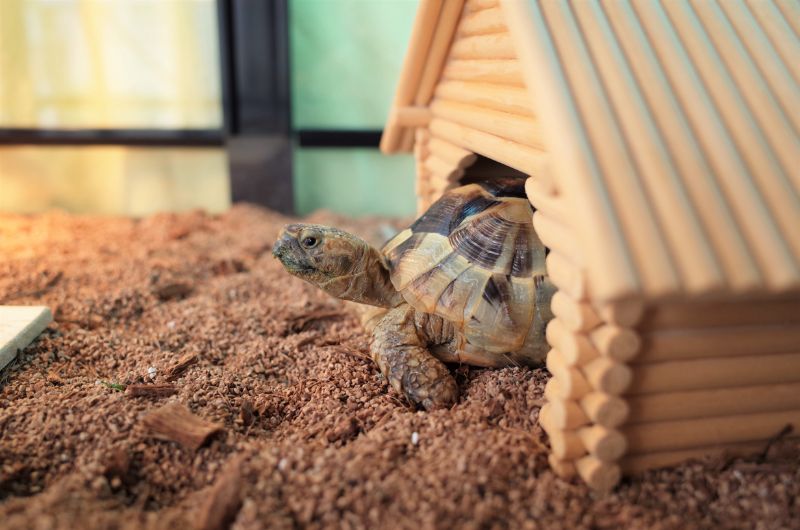
The tiniest members of our families may not always be cats or dogs. In fact, the number of pet owners that are bringing unusual and wonderful exotic pets into their families seems to be increasing! Small mammals like guinea pigs, hamsters, and ferrets, birds of all varieties, reptiles and amphibians, and other exotic pets are a popular choice for those who seek the unique.
Exotic pets make excellent pets, but their care is different from other domestic animals. The Shiloh Veterinary Hospital team is here to put a spotlight on exotic pet care and veterinary examinations for the best health and wellbeing of your pet.
Exotic Pet Care 101
Exotic pets are a great choice for those with an interest in non-standard pets. They are perfect for those with allergies to dogs and cats, and tend to be easier to manage in an apartment or shared space.
But what separates exotic pets from other domestic pets is the fact that they, aside from certain birds, live shorter lives and are much more fragile than cats and dogs. Without the right husbandry, or care, they become susceptible to illness and disease.
The very basics of exotic care is really getting to know your pet’s needs, which are different from species to species.
Here are some important suggestions for caring for these unusual companions:
- Ensure that your pet’s enclosure is the right size and temperature for their species. Some pets, like reptiles and amphibians, require a heat lamp or matt. Give enough room in the enclosure for movement and ease in getting around and place the enclosure in a draft-free area of the home.
- Keep enclosure clean by changing bedding or newspaper frequently to prevent bacteria and potential infection or illness.
- Enrichment for your pet is a must. Keep them active and interested by placing things like faux plants, things to hide in, mirrors, wheels and other toys (small mammals), and items that are appropriate for their species. Never put too small items that can be ingested and choked on in the enclosure, since this can cause an intestinal obstruction or choking.
- Keep water bottles and dishes clean and free of debris. Clean bowls and bottles in the microwave to sterilize them or in warm, soapy water and rinse thoroughly.
- Handling your pet also requires extra vigilance in keeping both them and you safe from disease. Reptiles, avian species, and some amphibians carry salmonella and e. Coli, so washing your hands before and after handling is imperative.
- The correct diet is essential for exotics to keep them healthy. Use the prescribed diet for your species and supplement with fresh leafy greens and certain fruit (for some).
Exotic Wellness Exams
Consistent wellness care is important for all pets, but your pet may require extra exams each year. This is because most exotics have shorter lifespans and their health may change more frequently than that of cats or dogs. Because exotic pets are easily stressed, having a veterinarian who is experienced in treating small mammals and exotics is important to their comfort and safety during an examination.
Some of the components of an exotic wellness exam include:
- Visual and physical examination
- Dental exam
- Blood draw for complete diagnostic testing
- Nail and/or beak trim
- Nutritional consultation
We will also help instruct you on at home care and answer any questions you may have about your special pet. These exams are typically done once a year, but sometimes more frequently when a pet is older or more delicate with their health status.
If you have any questions about exotic pet care, or would like to schedule an appointment, please do not hesitate to call.
